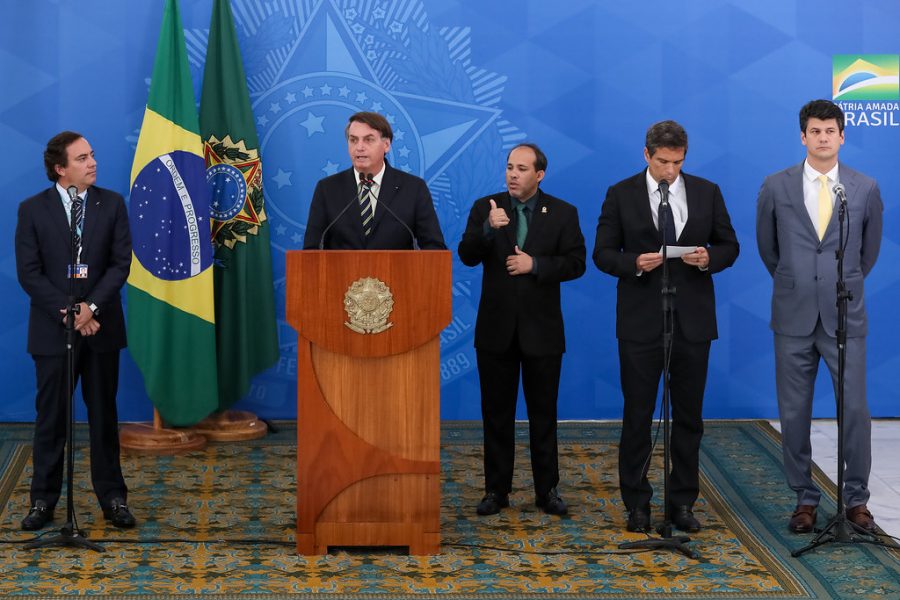Elections Across the World
December 3, 2020
While the United States prepares for its post-election transition of power, other countries across the world are in the midst of their own elections. Over the past 3 months, New Zealand, Bolivia, and Brazil have all had consequential elections that will shape their political futures. New Zealand had a Prime Minister election, Bolivia had a presidential race, and Brazil had municipal elections. Overall, every country mentioned had a leftward turn in its political space, cementing South America’s leftward turn in recent years sans Brazil.
Bolivia ousted its interim president after what some have referred to as a coup centered around claims of election fraud by leader Evo Morales. Interim President Jeanine Chavez took power in 2019 following claims of election fraud in that year’s elections, establishing an interim government that was not constrained by the usual governmental levers of power. This interim government contained almost entirely businessmen and legal officials not of native descent, despite Native being 41% of the population. Anez was widely decried for her violence against protestors and persecution of majority party MAS’ elected officials. Her defeat by a political ally of Morales resulted in Morales being returned to the country and pardoned of election fraud. Bolivia’s political future is returning to pre-coup trajectory.
Brazil has taken a swing hard to the right over the past 3 years when military leader Jair Bolsonaro won in a landslide against incumbent leftist Fernando Haddad. However, in late November Brazil, its municipal elections which saw right-wing allies of Jair Bolsanaro lose their elections by relatively large margins to centrists focused on Brazil’s poor economy and covid response, placing Jair firmly on the chopping block for 2022. Left-wing candidates won relative gains, however, the future of the Revolutionary Labor Party is still relatively dim.
New Zealand took a left-wing turn in 2016 and cemented its position with orthodox leftist politics in its recent PM election. Jacinda Ardern, incumbent Prime Minister of New Zealand won in a 22.3 point margin over right-wing challenger Judith Collins, earning almost twice the votes of Collins. Ardern was by far the projected winner, entering the election with a 60.9% approval rating nationally- earning more votes than any other candidate in recent Labour history. The National party’s weakness is attributed mostly to Ardern’s rampant popularity across party lines, however, National has been plagued by weak and short-term leadership that fails to organize an effective platform ever since their defeat in the last election. Ardern accrued her popularity through a number of factors; an unpopular performance from the incumbent she defeated raised the public image of Labour, her response to the Christchurch mosque massacre raised her popularity by multiple points, and Labour’s response to covid limited its death toll to only a few thousand deaths.



